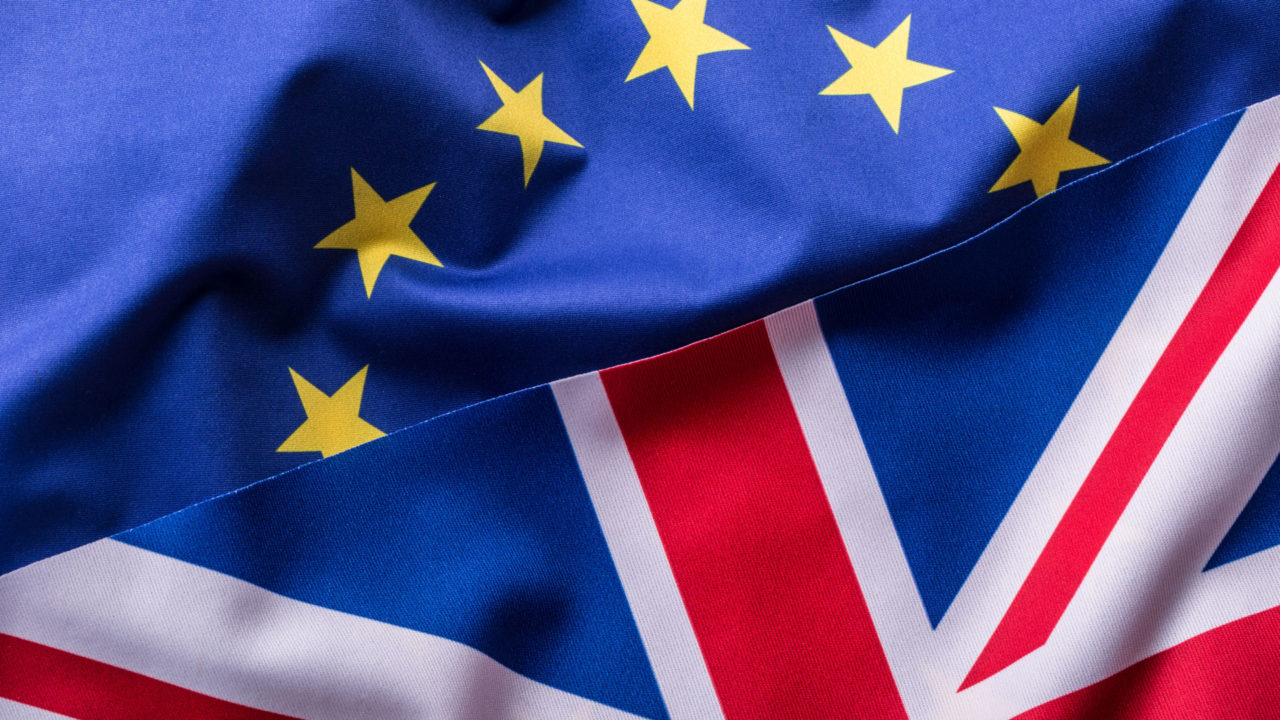Today, Brexit was supposed to become official. However, it was delayed and the drama seems to be continuing till June 30th at the latest. Regardless of the timing, this year the United Kingdom will part ways from the European Union and enter the unknown, an unknown that can lead to new opportunities and greater risks.
Yet most people in the EU, the UK, and the world never thought Britain would embark on this path that Britain has rather clumsily begun. Personally I see good points on both sides and believe either option can be done successfully or poorly. I am especially interested in the reason for Brexit and the legitimate concerns of many ‘Leavers’ concerning the EU’s influence on British culture. Namely, I will focus on the impact of globalism on the destruction of cultural diversity to make way for a more homogenous whole. It should be noted this concern is addressed in the act of leaving the EU, but it is possible the EU could address it internally as well.
Let me start with an observation: For many – if not most – traveling is fun. Nowhere is this clearer than among millenials, who consistently spend more money on traveling. There is a steady shift in the monetary value placed on experiences, especially travel, over physical things. Traveling is exciting; seeing landmarks that are hundreds of years old and visiting cultures on the other side of the world can lead to a greater appreciation for life as well as the excitement and fun of trying new things. Traveling can reduce stress, increase creativity, and improve overall happiness. It is no wonder traveling has become more popular over time.
An interconnected global world makes it possible to have increased ability to travel farther distances. The EU, UN, and many other organizations are extremely supportive of cultures integrating with one another, hoping that such integration will lead to reduced conflict and violence in the world. By learning about other cultures and peoples, it becomes much more difficult for nationalistic propaganda to succeed in creating ethnic tension and violence. If I have many German friends, it becomes harder to support a declaration of war against Germany. By many factors the ‘globalist’ men and women running international institutions like the EU can point to a declining level of violence as a success.
Given the fact that there has not been a war in Western and Central Europe for over seventy years, what explains the rise in anti-globalist movements?
With all the benefits of a closer and more integrated world, there still exists a paradox. When one person travels, that person gains the enormity of the benefits mentioned above, but must give up a small amount of attachment to the place he is from. A man with a nomadic lifestyle of travelling the world simply can’t give the same tour of the city he was born in as someone who has lived there his whole life. Regardless, this trade is worthwhile for most people. However, as travel increases, the places people leave in order to visit another place become slowly and steadily sapped of their culture.
My hypothesis is that the number of (world) travelers negatively correlates with the uniqueness of cultures around the world. This case is most obvious when taken to the extreme. Imagine that every person in the world would never live in one region for more than ten years. We would all be destined to be constantly moving around our entire life. If this were the case you could visit Paris, but there would be no Parisians in the city older than ten. Sure, there would be people in the world who were born in Paris, but they would all move out of the city by the age of ten to another one for the next ten years. At that point, could they really be considered Parisian? Imagine visiting Rome, but with no Italians, no foundation for a culture to have developed for hundreds of years being passed down from generation to generation. Rome and Paris would still have the Colosseum and Eiffel tower respectively, but something is lost when the accompanying culture no longer exists. Instead a universal globalist culture would take its place.
The world would be more uniform, more peaceful. Ethnic conflict would be extremely hard to start up with such a mobile population. Nevertheless, something is lost in this imaginary world. Uniformity of culture promises a peaceful but dull life. A time when the world is constantly traveling would be a time when the world is a lot less worth traveling in. In part I believe the fear of global homogeneity motivates Brexit. A desire to be unique, different, and distinctly ‘British’ must be understood and appreciated by all sides of the issue. Only when these concerns are addressed honestly can a path forward take place. A path without the EU, as the British have chosen, or with it.
The EU has achieved its goal: making war between member states unimaginable. Yet, going further to integrate its citizens to become primarily ‘Europeans’ rather than ‘Brits’ or ‘Germans’ has created a new problem: the slow ebbing away of cultural differences. Imagine what it would be like to visit Paris in 1860, or Rome in the same year. Imagine how much more foreign these two cities would have been to one another. Brexit is not the issue at hand; the worries of globalism run far deeper. Preserving cultural differences, even when that means maintaining certain barriers, is necessary to ensuring the diversity of the world and the richness that flows from difference.


Leave a Reply